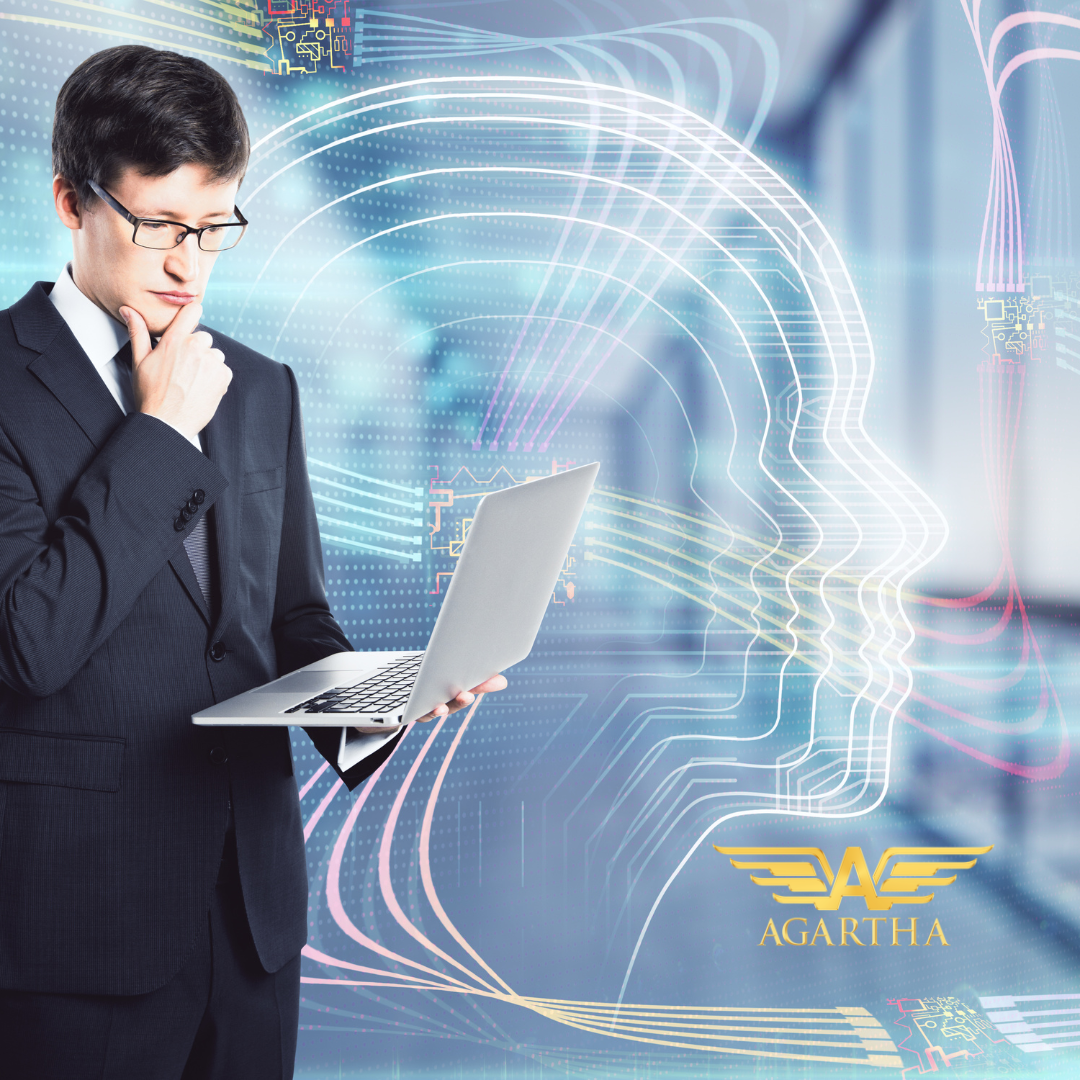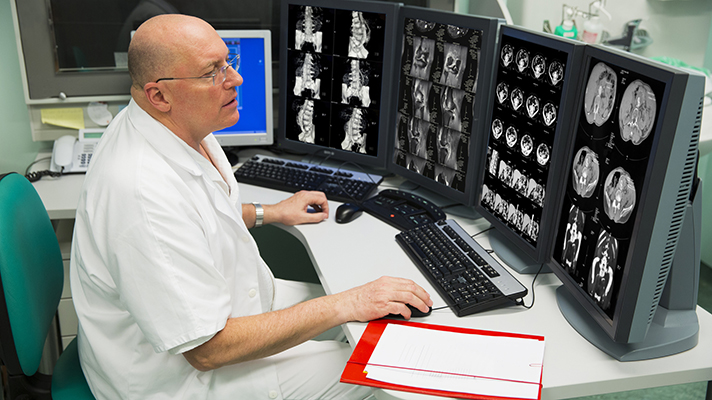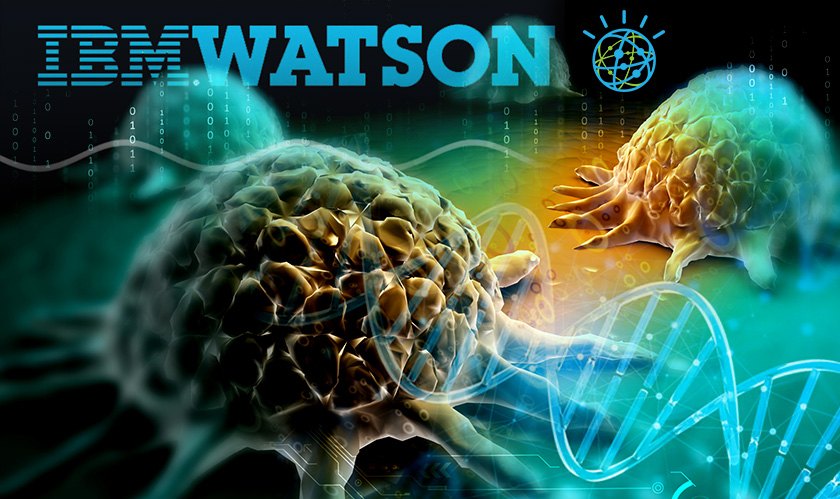Artificial intelligence (AI)
It is a branch of computer science that aims to design and program machines that can simulate human cognitive abilities, such as thinking, learning, and problem-solving. AI is one of the most influential technologies of our time, as it provides innovative solutions to the challenges faced by different sectors, such as healthcare, finance, transportation, and manufacturing.
There is no single definition of AI, but it can be summarized as the "ability to simulate human cognitive abilities." AI includes several subfields, including:
- Machine learning: is the use of data to train machines to perform specific tasks without being explicitly programmed.
- Natural language processing: is the ability of machines to understand and generate human language naturally.
- Computer vision: is the ability of machines to analyze and understand visual content, such as images and videos.
- Robotics: are machines that can move and interact with their environment in a smart way.

History of AI
The term "artificial intelligence" was first coined in 1956, when a group of computer scientists at Dartmouth University met to discuss the possibility of creating intelligent machines. At that time, this was a new and bold idea, and it faced many challenges and difficulties. However, a number of projects were able to show the great potential of AI. In 1997, the Deep Blue program achieved a historic achievement when it defeated chess champion Garry Kasparov in a famous match.

In the following years, AI has seen significant development, with the emergence of many practical applications in different fields. One of the most prominent achievements in AI was in the field of machine learning, which allows machines to learn from data without being explicitly programmed. Thanks to machine learning, AI can now better deal with complex and ill-defined problems.
Future of AI
AI is one of the most vibrant and exciting areas of technology today, as it opens up new horizons for innovation and change. It is difficult to predict the exact future of AI, but it is expected to continue to grow and improve in the coming years.
AI can have many benefits for humanity, such as:


- Improving healthcare: AI can be used to diagnose diseases and develop new treatments. For example, IBM's Watson for Oncology program is used to provide doctors with treatment recommendations based on the analysis of thousands of patient cases.


- Enhancing security: AI can be used to detect security threats and prevent attacks. For example, DARPA's AlphaDogfight program is used to train drones to defeat human fighter jets.
- Improving business efficiency: AI can be used to improve business operations and reduce costs. For example, Google's AlphaGo program is used to improve energy consumption in its data centers.
- Improving quality of life: AI can provide people with more time and effort, allowing them to focus on the most important activities. For example, Amazon's Alexa program provides a smart personal assistant that can answer questions and control home appliances.
However, there are also some challenges and risks associated with AI, such as:
- Job loss: AI can lead to the replacement of many jobs that are currently done by humans. For example, OpenAI's GPT-3 program is used to create high-quality text without the need for a human writer.
- Discrimination: AI can be used to discriminate against people on the basis of race, gender, religion, or other factors. For example, it has been found that some facial recognition programs show bias against people with dark skin.
- Harmful use: AI can be used for harmful purposes, such as developing weapons or spy programs. For example, Deepfake program has been used to create fake videos that show political figures in embarrassing situations.
Therefore, it is important to follow principles, laws, and ethics that ensure the responsible and safe use of AI. Through cooperation and communication, we can ensure that AI is used to improve our lives, not to harm them.
A word to the wise
It is clear that artificial intelligence is the inevitable wave of the future. In order to be able to take advantage of it to the best of our ability, we must be up to the challenge and change. Artificial intelligence is not our enemy, but a friend who helps us to make our lives and work easier. But we have to learn how to deal with it wisely and responsibly. It is important to follow principles, laws and ethics that ensure the responsible and safe use of artificial intelligence. This requires us to constantly develop our skills and knowledge, and to train our team on how to use artificial intelligence in a creative and effective way. In this way, we can turn the challenge into an opportunity, and elevate the performance of our team and the productivity of our organization to higher levels.

